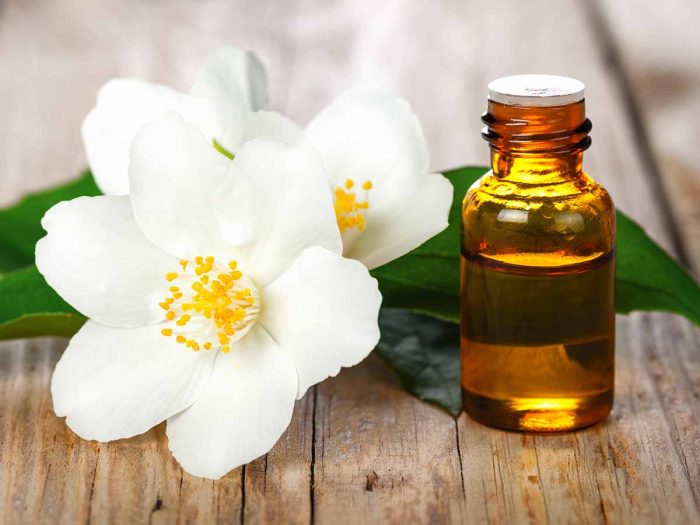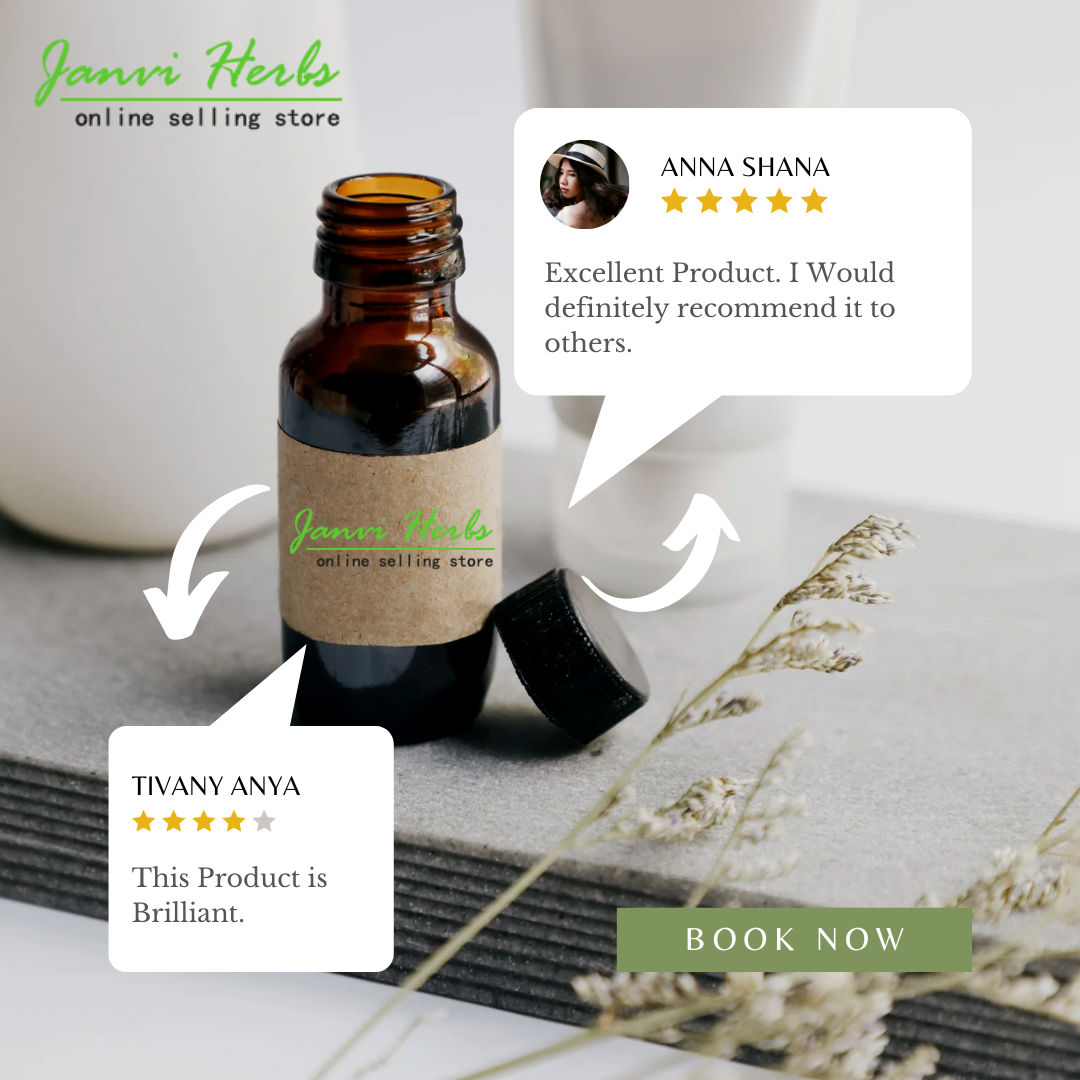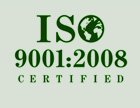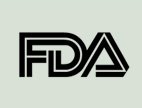- Research Brands: Look for reputable brands known for their commitment to quality and purity. Brands like JANVI HERBS, Young Living are well-regarded.
- Check Purity: Ensure the oils are labeled as “100% pure” or “pure essential oil.” Avoid terms like “fragrance oil” or “perfume oil,” which may indicate synthetic additives.
- Read Labels: Look for information about the botanical name (Latin name) of the plant, country of origin, extraction method (e.g., steam distilled or cold-pressed), and any certifications (e.g., organic, USDA certified).
- Avoid Additives: Steer clear of oils that contain additives, fillers, or synthetic chemicals. High-quality oils should only contain the pure essence of the plant.
- Consider Price: Pure essential oils are generally more expensive due to the cost of production and quality. Be cautious of oils priced significantly lower than others of the same type, as this could indicate inferior quality.
- Purchase from Reputable Sources: Buy from trusted sources such as official brand websites, reputable online retailers, specialty health stores, or certified aromatherapists.
- Storage and Packaging: Essential oils should be stored in dark glass bottles (usually amber or cobalt blue) to protect them from light degradation. Avoid plastic containers, as the oils can degrade certain plastics.
- Verify Authenticity: Some brands offer batch-specific testing or provide certificates of analysis (COA) from third-party testing to verify purity and quality.
By following these guidelines, you can ensure you’re purchasing high-quality, pure essential oils for your needs.









